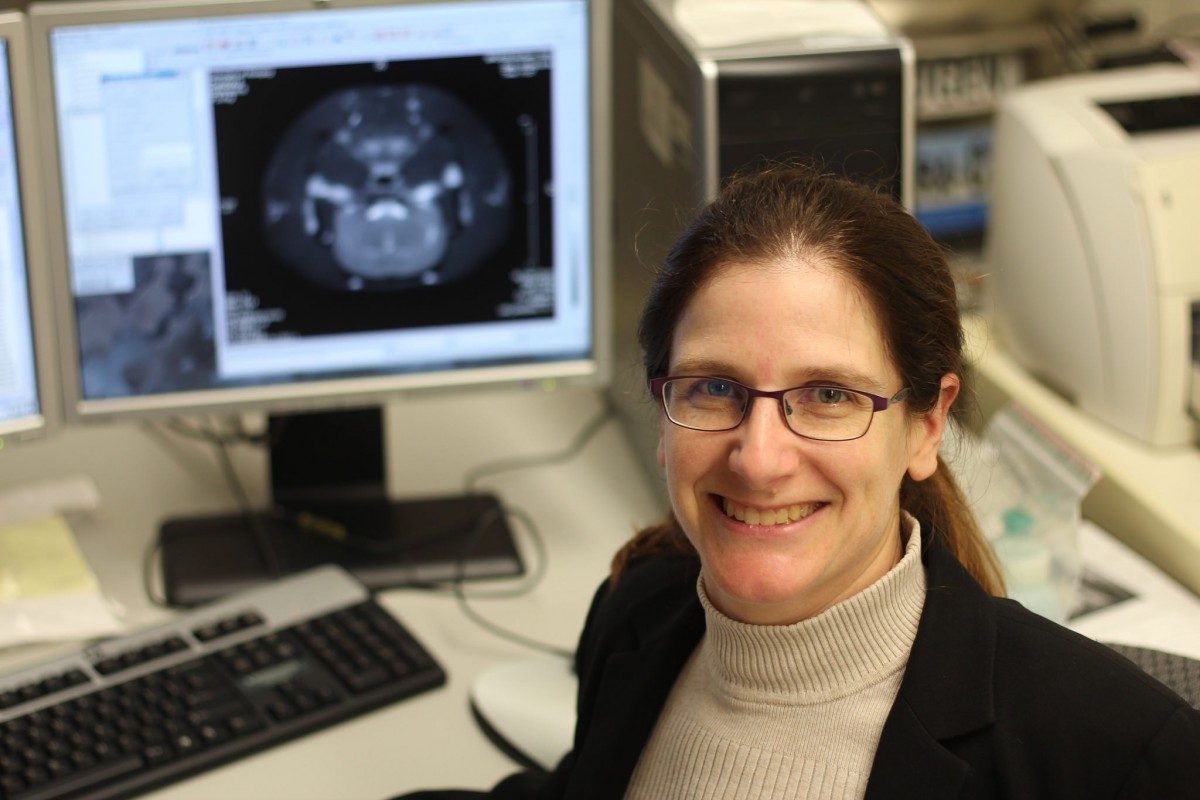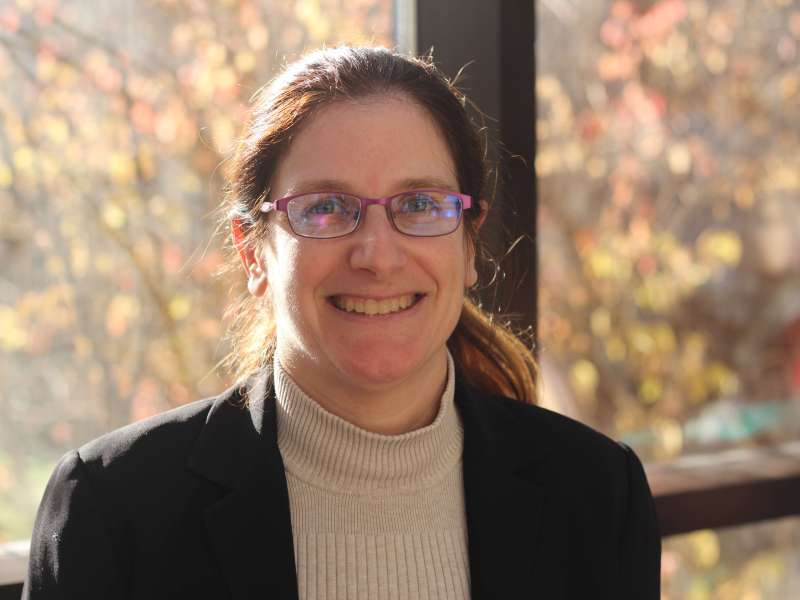GET TO KNOW MELANIE...
Dr. Melanie Martin is a Professor of Physics at University of Winnipeg, the Director of the Magnetic Resonance Microscopy Centre, and the co-Director of the University of Winnipeg Brain Imaging and Metabolic Research Lab. Dr. Martin holds or has held funding from many agencies including NSERC, Mitacs, CIHR, CFI, and Research Manitoba.
Dr. Martin has served on many grant review committees including those for NFRF, NSERC, CIHR, and CFI. She served on the executive committee of the Canadian Association of Physicists Division of Physics in Medicine and Biology and on the International Society for Magnetic Resonance in Medicine Student Stipend Committee.
Her research interests include developing magnetic resonance and positron emission tomography imaging techniques. Her most recent achievement is the development of a method to infer micron-scale brain axon diameters. Dr. Martin is the Advisor for the University of Winnipeg Chapter of the Canadian Indigenous Science and Engineering Society.

Q&A
QUESTION 1)
Q: What is it like to be a woman in bioscience?
A: I love being a scientist. I love solving problems and learning more about the human body.
QUESTION 2)
Q: Who or what inspired you to become a medical physics professor?
A: My mother inspired me to be a success. My mentors and instructors inspired me to become a medical physics professor.
QUESTION 3)
Q: Who are your women role models and not necessarily in science?
A: My mother worked at least two jobs at all times in order to put us through school. She wanted to be a doctor but dedicated her life to make sure her children could succeed.
QUESTION 4)
Q: Do you think there are particular structural roadblocks that impede the progress of women in science?
A: The main roadblocks I am currently facing are people who believe that women cannot think like scientists. It’s surprising and disappointing to find that there are people, even my age and younger, who hold these stereotypes.
QUESTION 5)
Q: Would you say that through your career, things have become better for women working in the bioscience industry?
A: With the new emphasis on education about unconscious bias and the recent #metoo movement, what is worse for me now is the clear recognition of all of the bias I have experienced in my career and the refusal of those showing the bias to change their behaviour. So while there is acknowledgement of the bias there is still a long way to go to remove the bias. I have experienced people who have been trained to recognized bias who are themselves still extremely biased against women.
QUESTION 6)
Q: How did you reach your level of success, given the sector’s gender gap, especially among leadership?
A: I never accept “no” as an answer. If I know I am right and I can do something, I do it. I applied for everything I wanted to do regardless of what anyone told me I could or should do.
QUESTION 7)
Q: What are the biggest obstacles you had to overcome?
A: Dealing with biased narcissists is difficult.
QUESTION 8)
Q: If you had the option to give advice to a younger version of yourself, what would that be?
A: Take credit for your work rather than passing the credit on to others.
FAVOURITE QUOTE
" Feelings cannot change facts. For reasonable people, facts should change feelings. "
CONTACT INFORMATION
LinkedIn: @Melanie Martin
